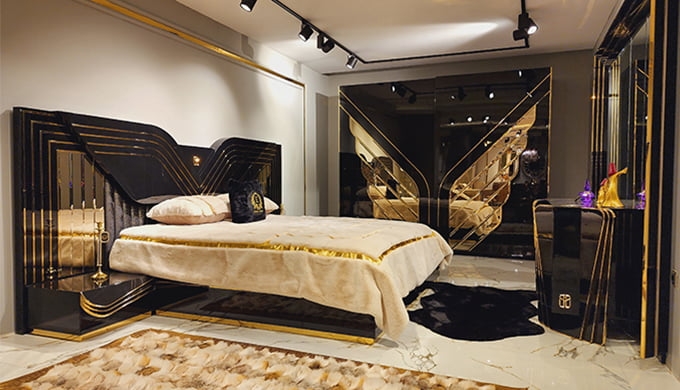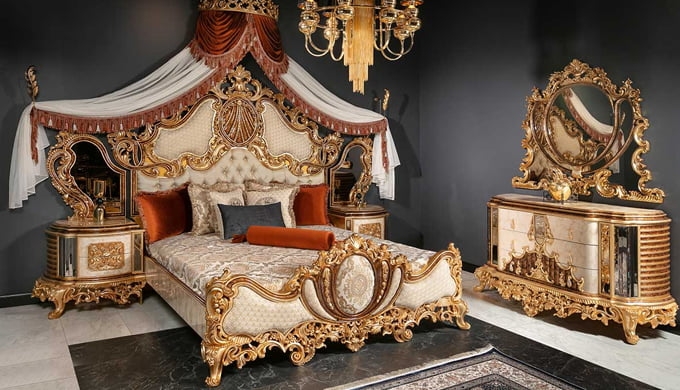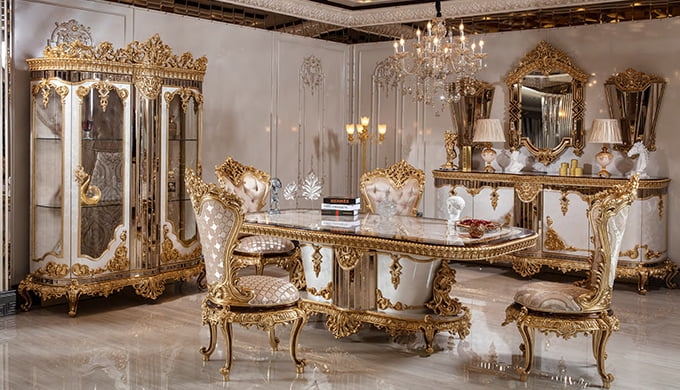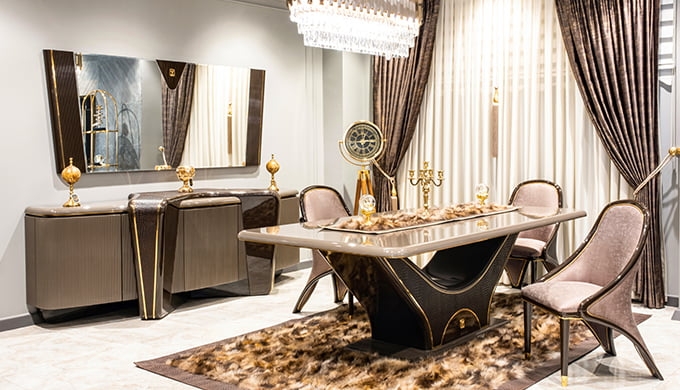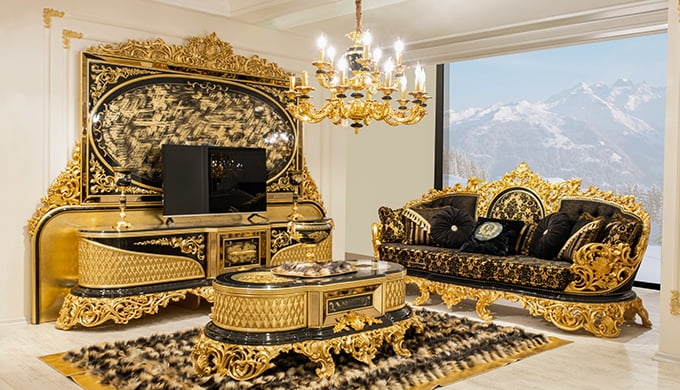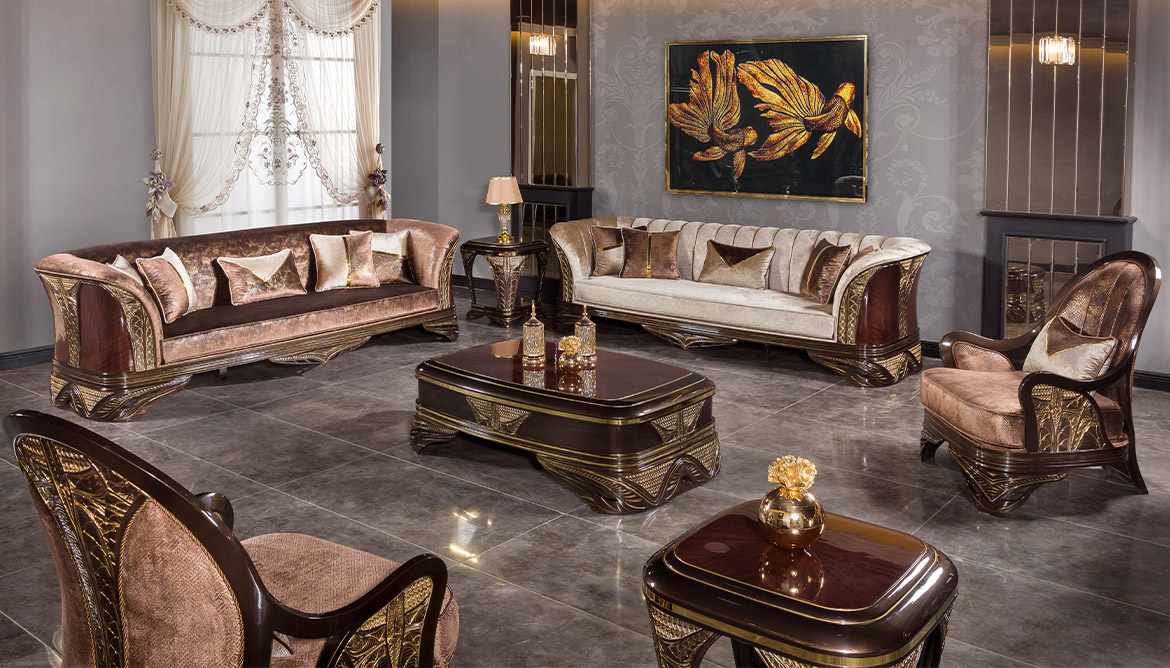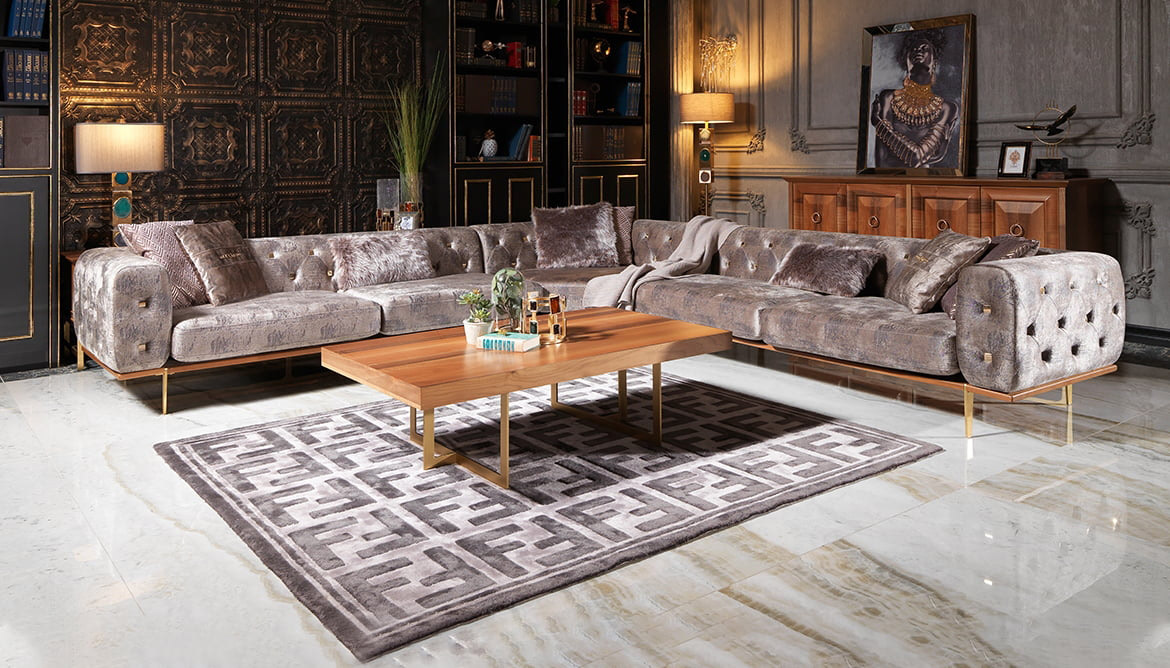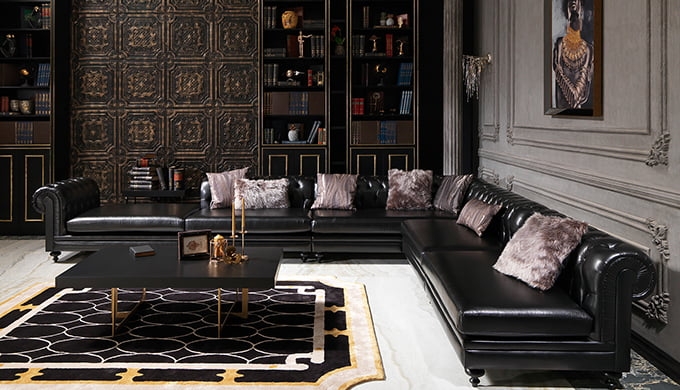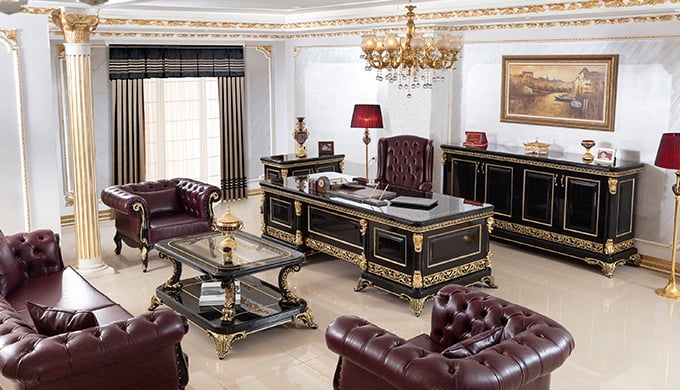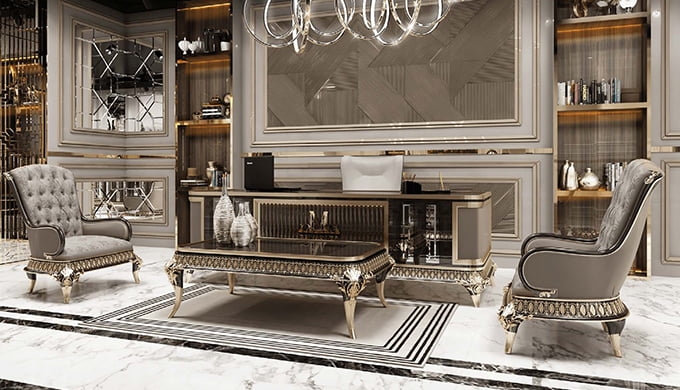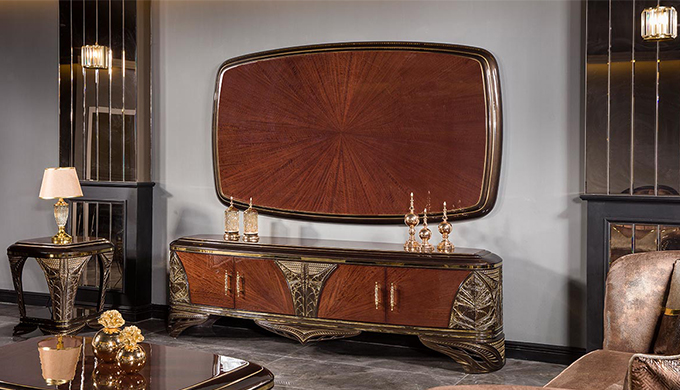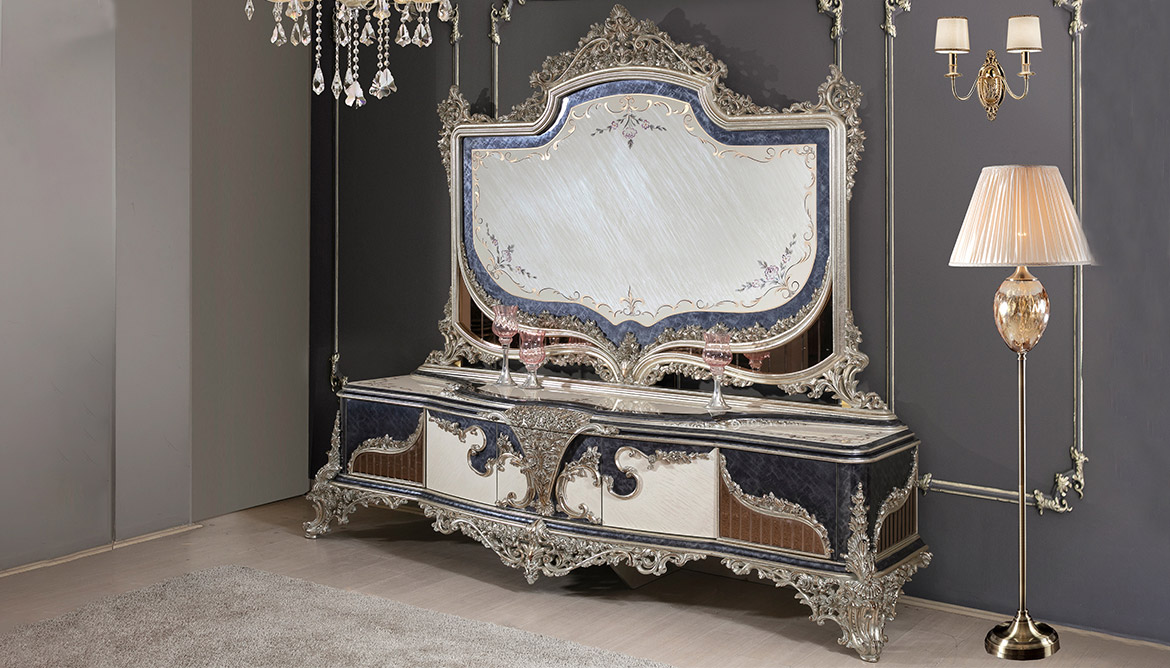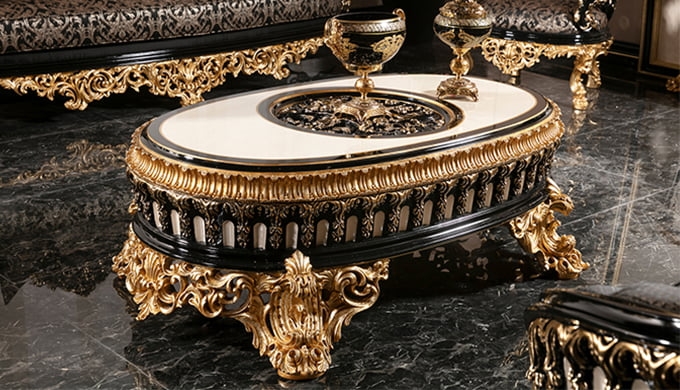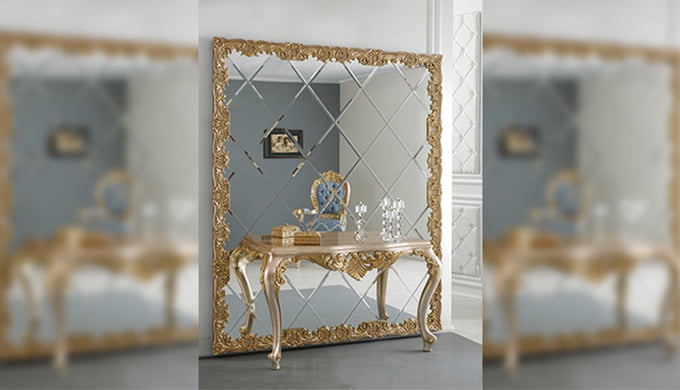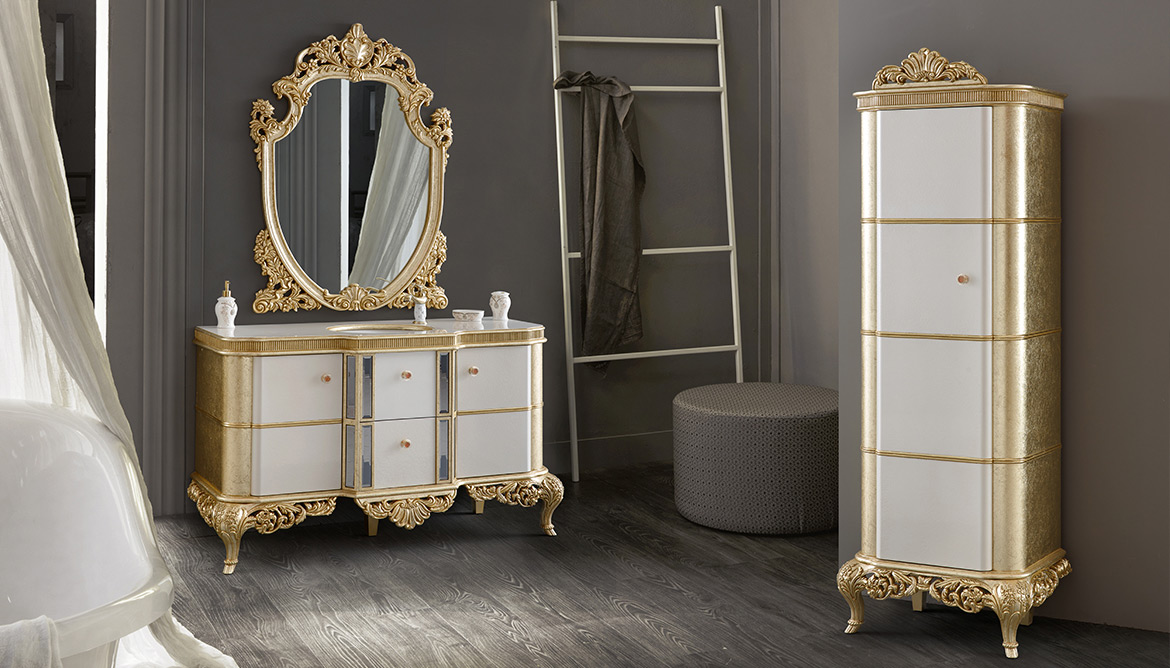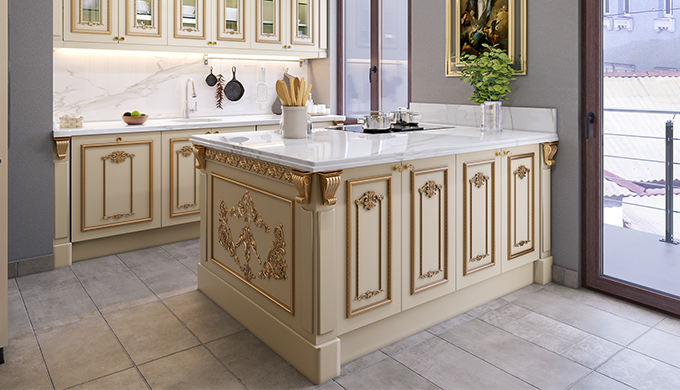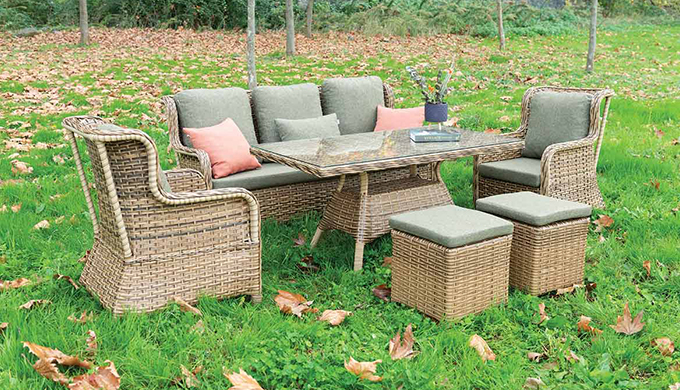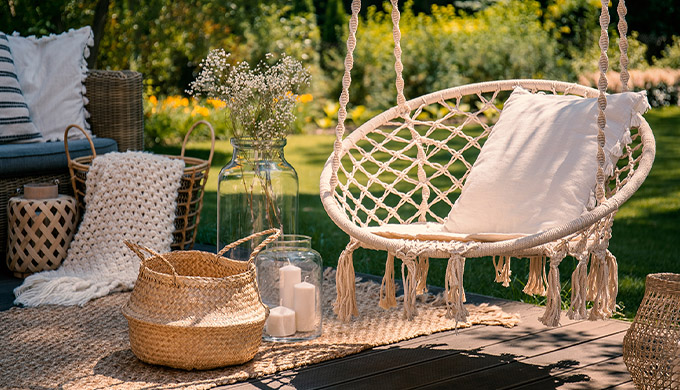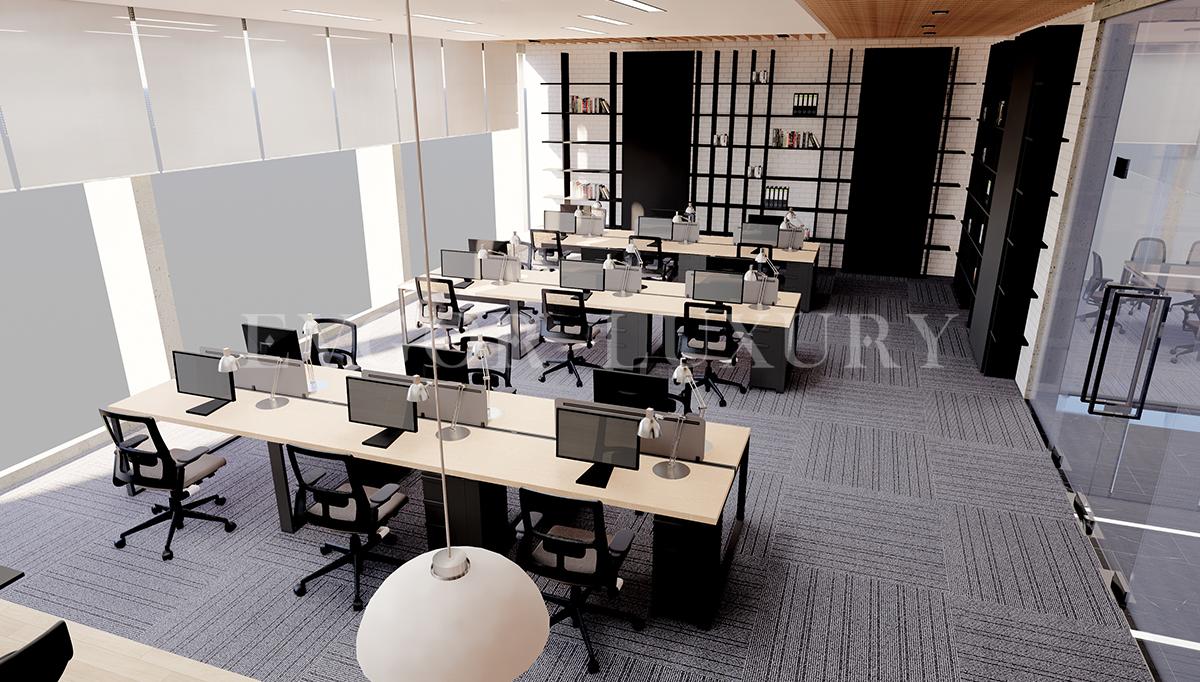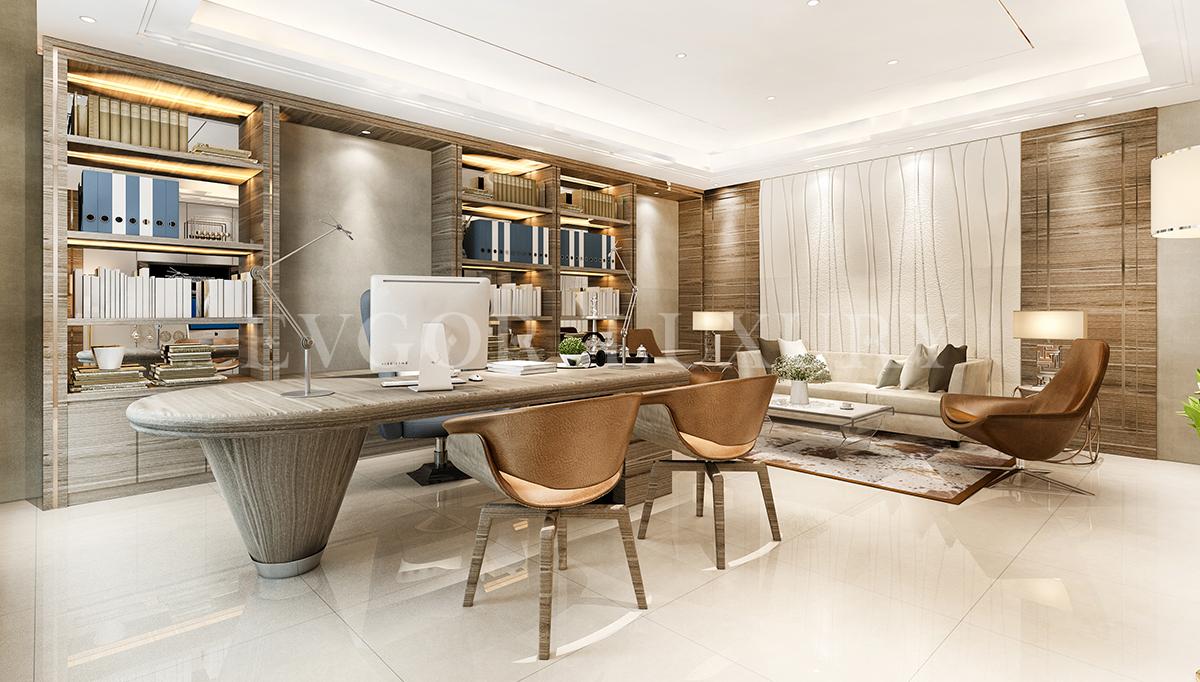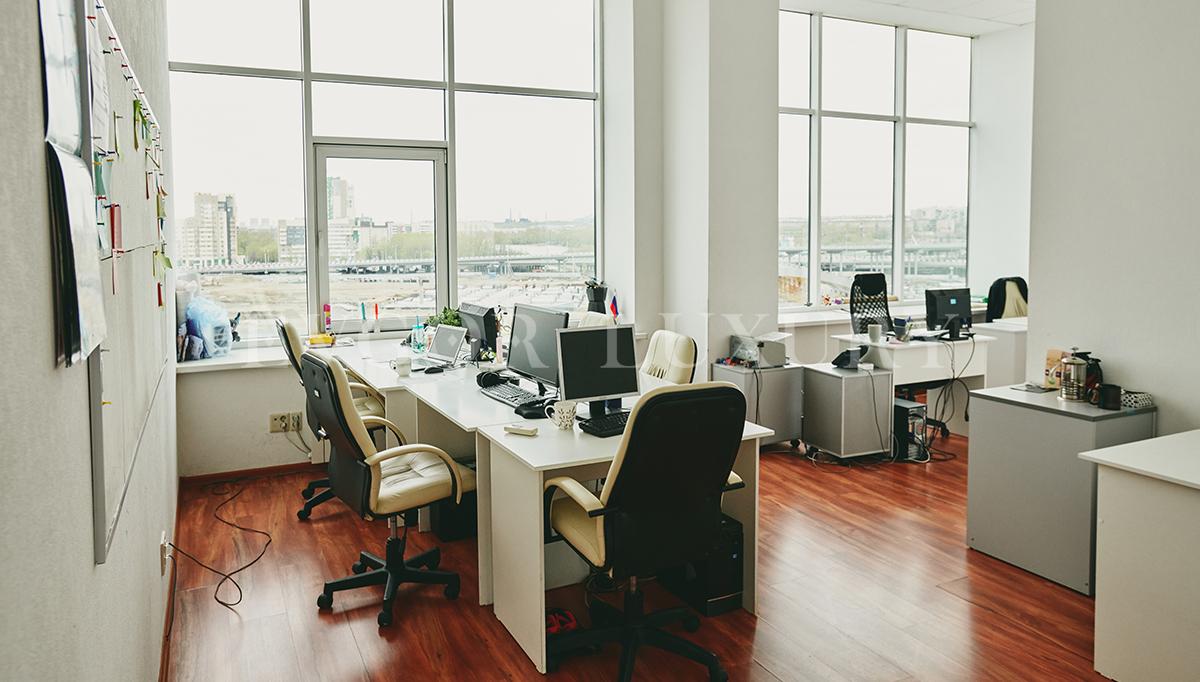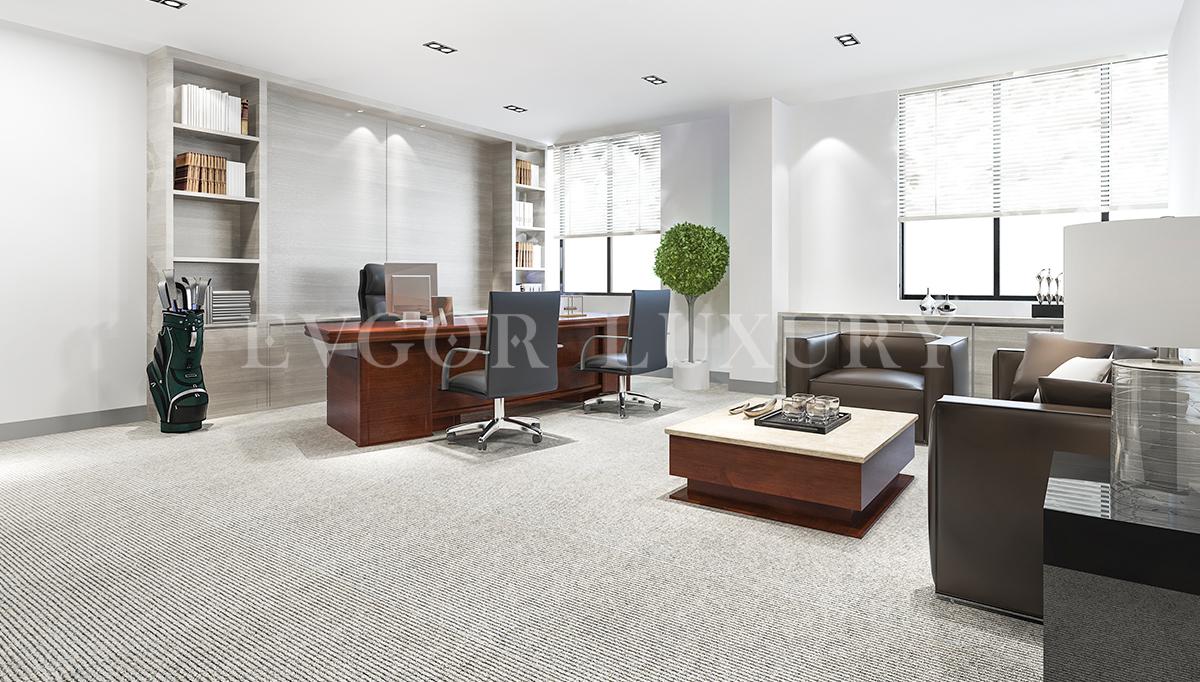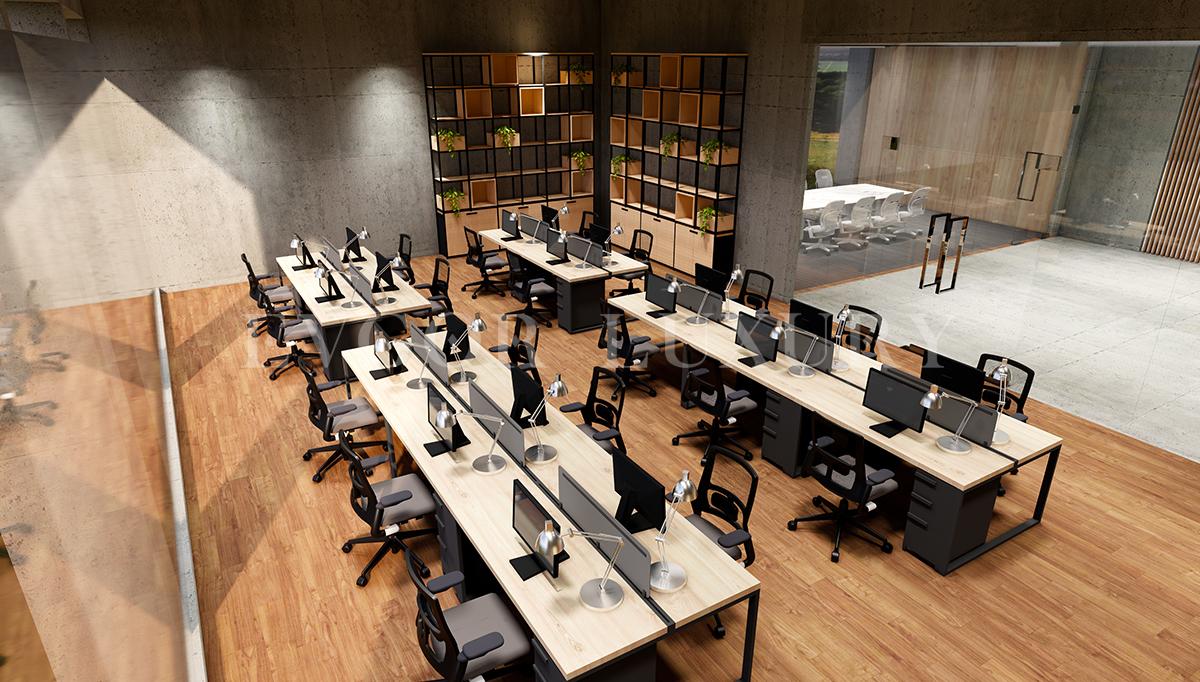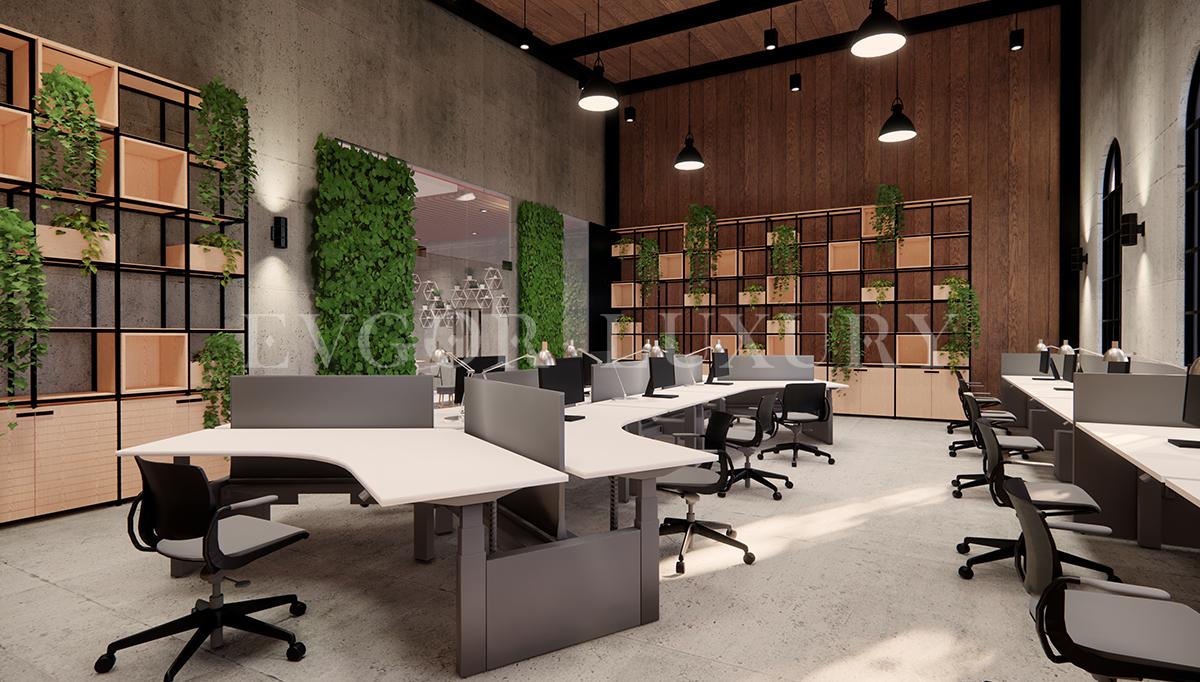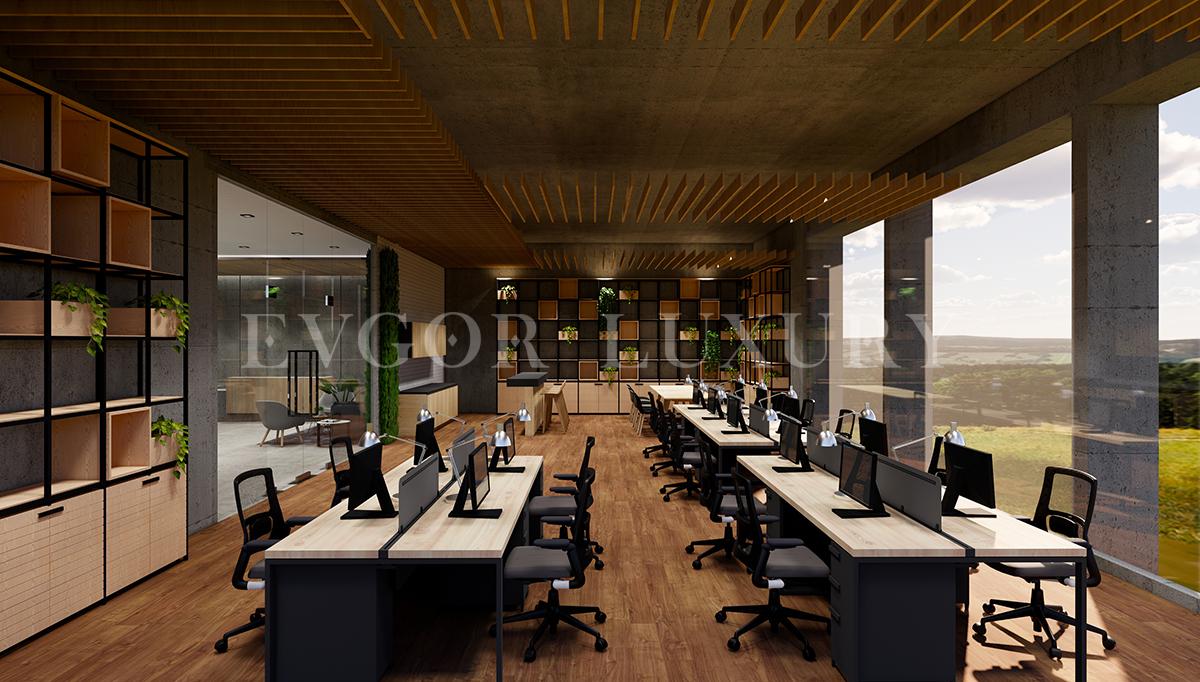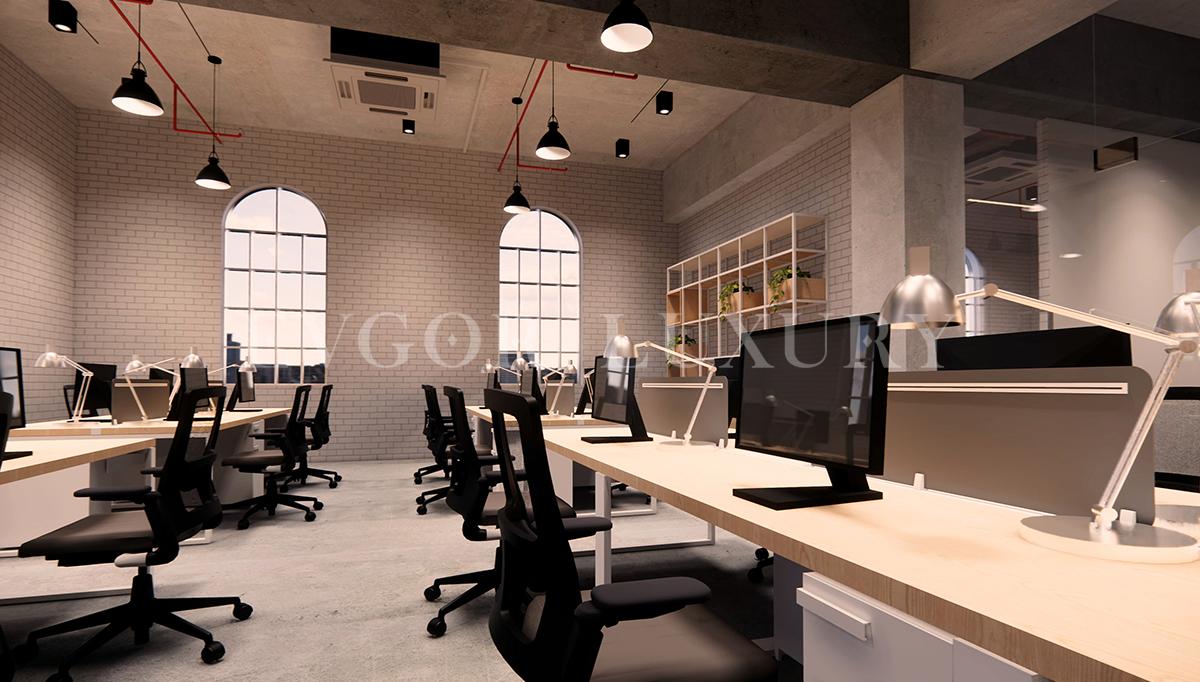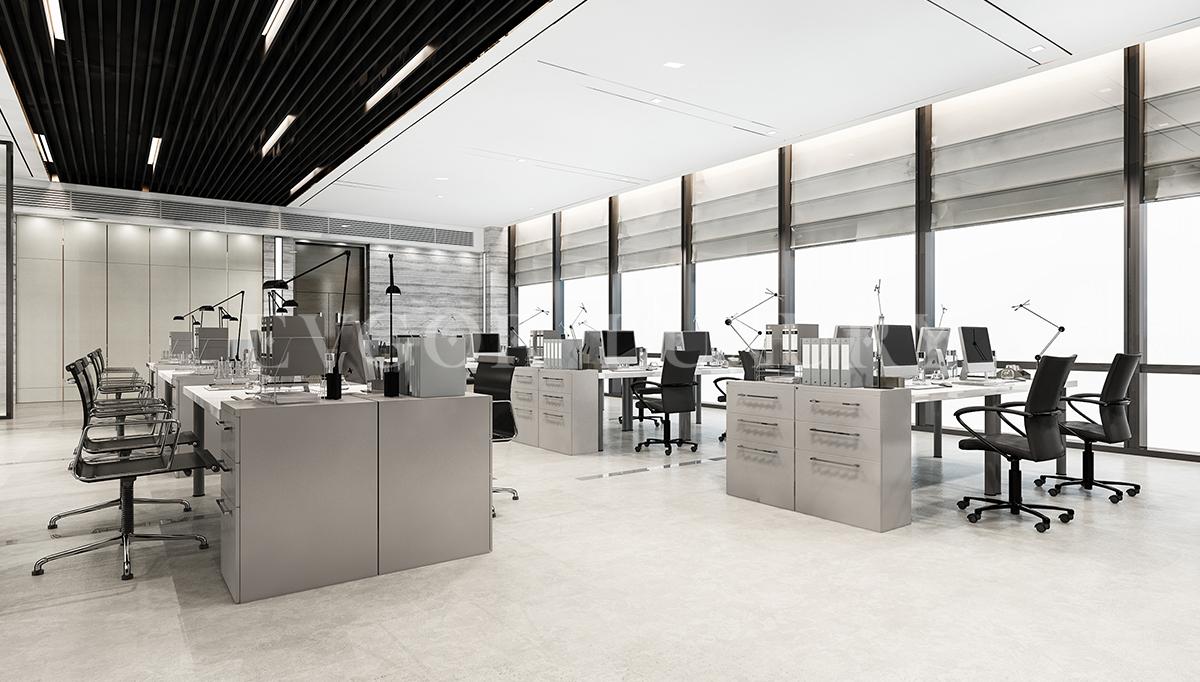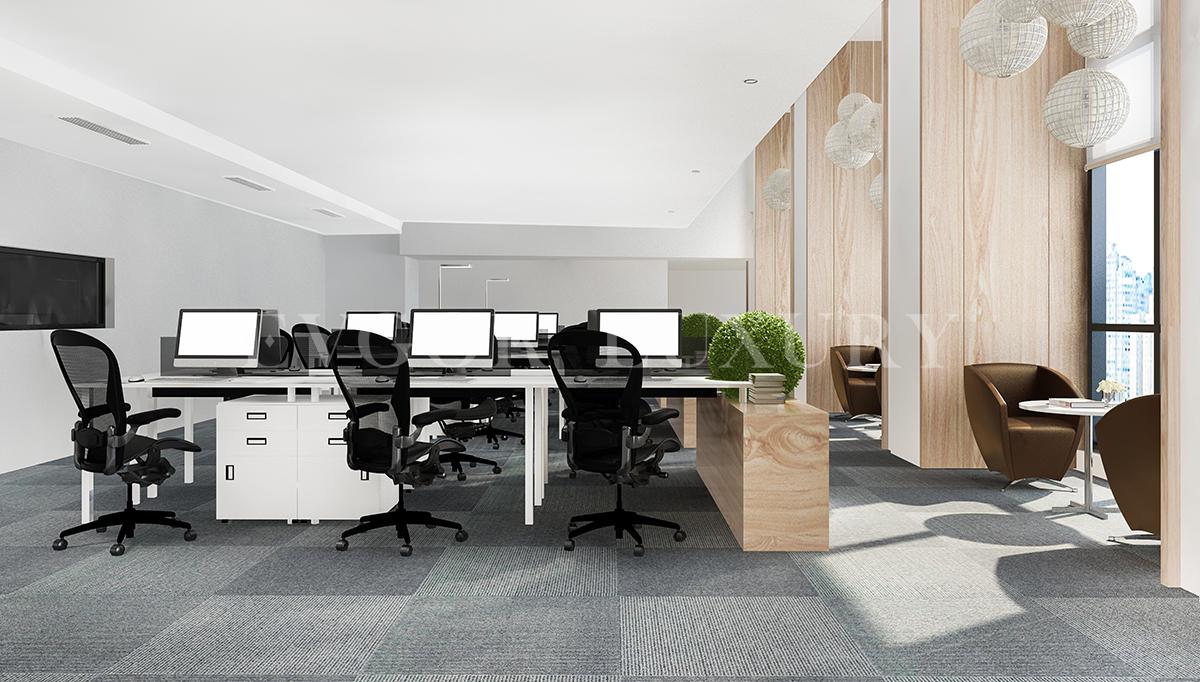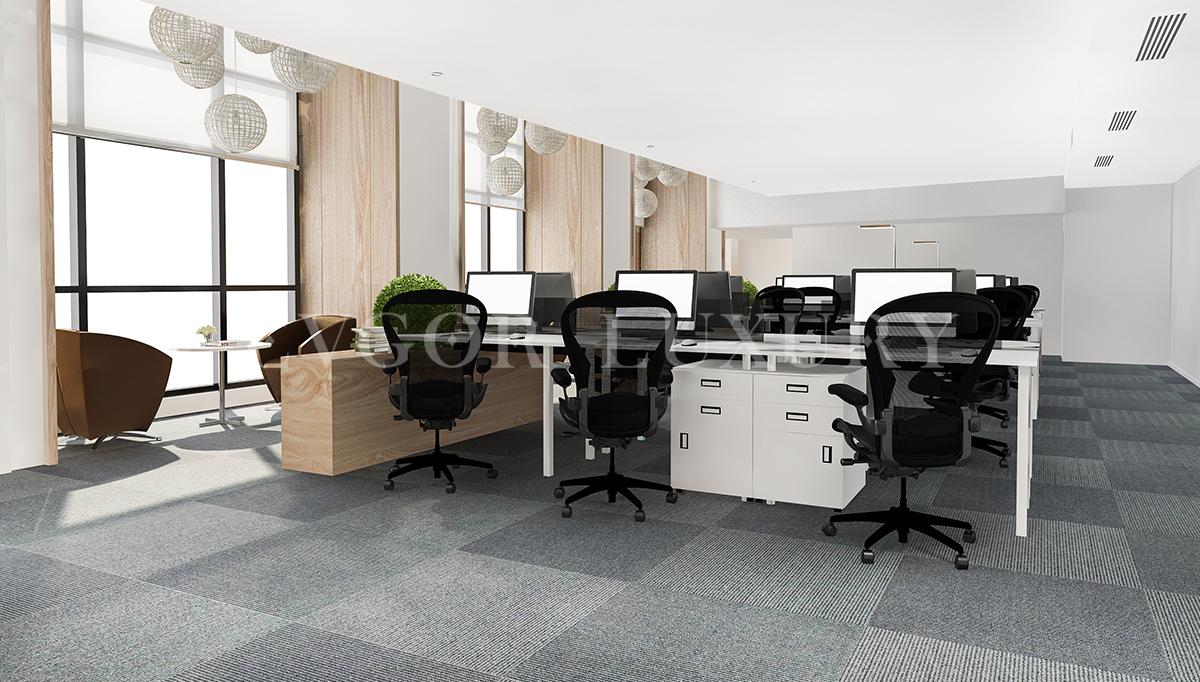Modern Office Furnitures
Modern office furniture is designed to support contemporary work environments with its emphasis on minimalism, functionality, and innovative use of materials. It caters to the needs of today's dynamic and technology-driven workplaces by combining sleek designs with ergonomic features that enhance productivity and comfort. Here's an overview of modern office furniture, highlighting key pieces, design characteristics, and considerations for furnishing a modern office space.
Characteristics of Modern Office Furniture
- Sleek and Minimalist Design: Modern office furniture often features clean lines and a minimalist aesthetic, avoiding unnecessary ornamentation. The focus is on simplicity and function, making spaces feel more open and less cluttered.
- Innovative Materials: Besides traditional materials like wood and metal, modern furniture incorporates glass, composite materials, and even advanced polymers. These materials are chosen for their functionality, durability, and ease of maintenance.
- Modularity and Flexibility: Many modern office setups are designed to be adaptable, with modular components that can be rearranged or expanded as needed. This flexibility supports a collaborative and ever-changing work environment.
- Ergonomics: Comfort and support are paramount in modern office design. Furniture is often ergonomically designed to support good posture and reduce the risk of strain or injury during long periods of sitting or standing.
- Integrated Technology: Modern office furniture frequently includes features such as built-in charging stations, cable management systems, and adjustable components that accommodate the use of various digital devices.
Essential Pieces of Modern Office Furniture
- Desks: Modern desks are typically streamlined with flat surfaces and are often adjustable. Many include features like height adjustability for standing or sitting, which is an important ergonomic consideration.
- Office Chairs: These are designed with ergonomics in mind to provide optimal support for the back, neck, and arms. High-quality office chairs are crucial for comfort and productivity, and they often feature adjustable settings.
- Storage Units: Modern storage solutions are sleek and functional, designed to provide maximum storage with a minimal footprint. Options include floating shelves, minimalist filing cabinets, and modular storage units.
- Meeting Tables: Contemporary meeting tables often feature sleek, reflective surfaces like glass or lacquered wood, and are designed to facilitate connectivity with tech integration for presentations and conferencing.
- Lounge Furniture: Modern offices often include areas for relaxation or informal meetings. This furniture is comfortable yet stylish, with sofas and armchairs that reflect the office’s overall aesthetic.
Choosing Modern Office Furniture
- Assess Your Space and Needs: Measure your space and consider how many pieces you can accommodate without overcrowding. Think about the daily activities that occur in your office and choose furniture that supports these functions.
- Consider Durability and Quality: Invest in high-quality pieces that can withstand daily use. Look for reputable manufacturers who use premium materials and offer warranties on their products.
- Look for Multi-Functionality: Given the dynamic nature of modern work, choose furniture that can serve multiple purposes. For example, desks with built-in storage or lounge chairs that are comfortable enough for extended reading sessions.
- Style Consistency: Keep the office’s aesthetic uniform to project a professional image. Choose a color scheme and stick with it, and select furniture pieces that are cohesive in design.
Styling Modern Office Spaces
- Keep It Open and Airy: Arrange furniture to maximize natural light and keep the layout open. Avoid bulky items that can make the space feel cramped.
- Add Color and Texture: While modern design is often monochromatic, adding pops of color through artwork, rugs, or accent furniture can invigorate the space and enhance creativity.
- Incorporate Plants: Adding greenery can improve air quality and add life to the office environment. Choose low-maintenance plants that can thrive indoors.
- Personalize Thoughtfully: While maintaining a minimalist aesthetic, personalize the space with thoughtful touches like unique art pieces or quality desk accessories that reflect the company's brand.
